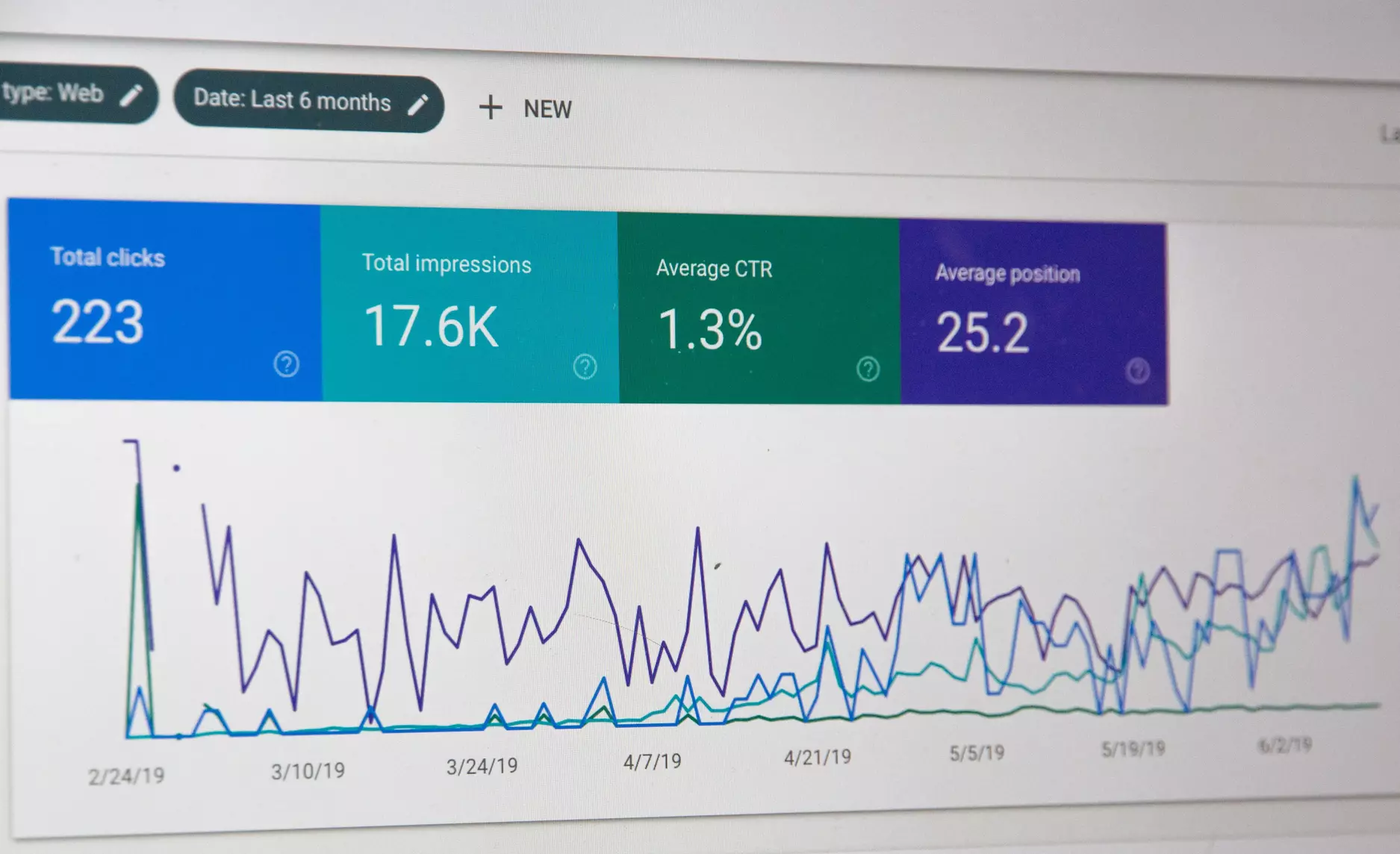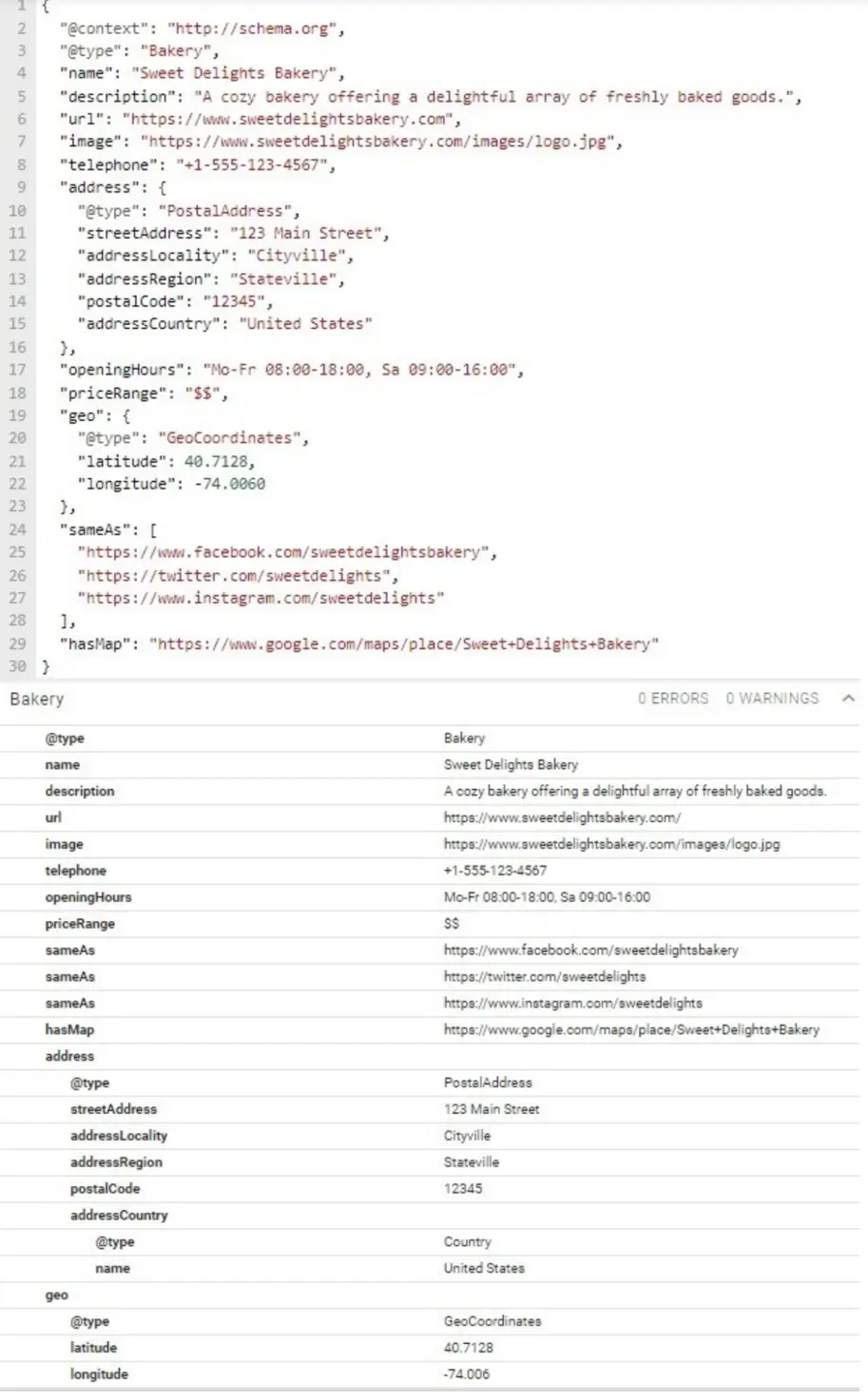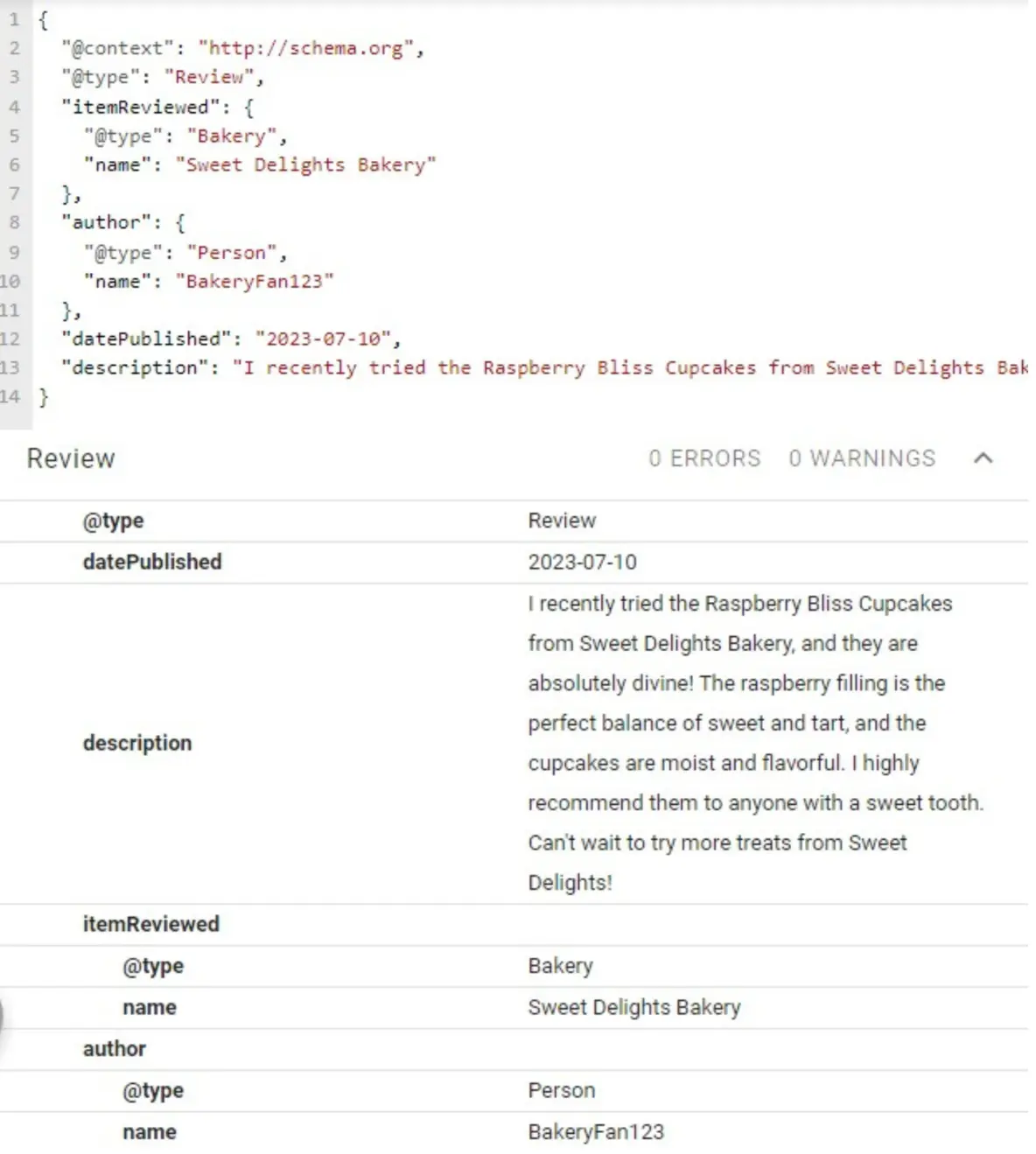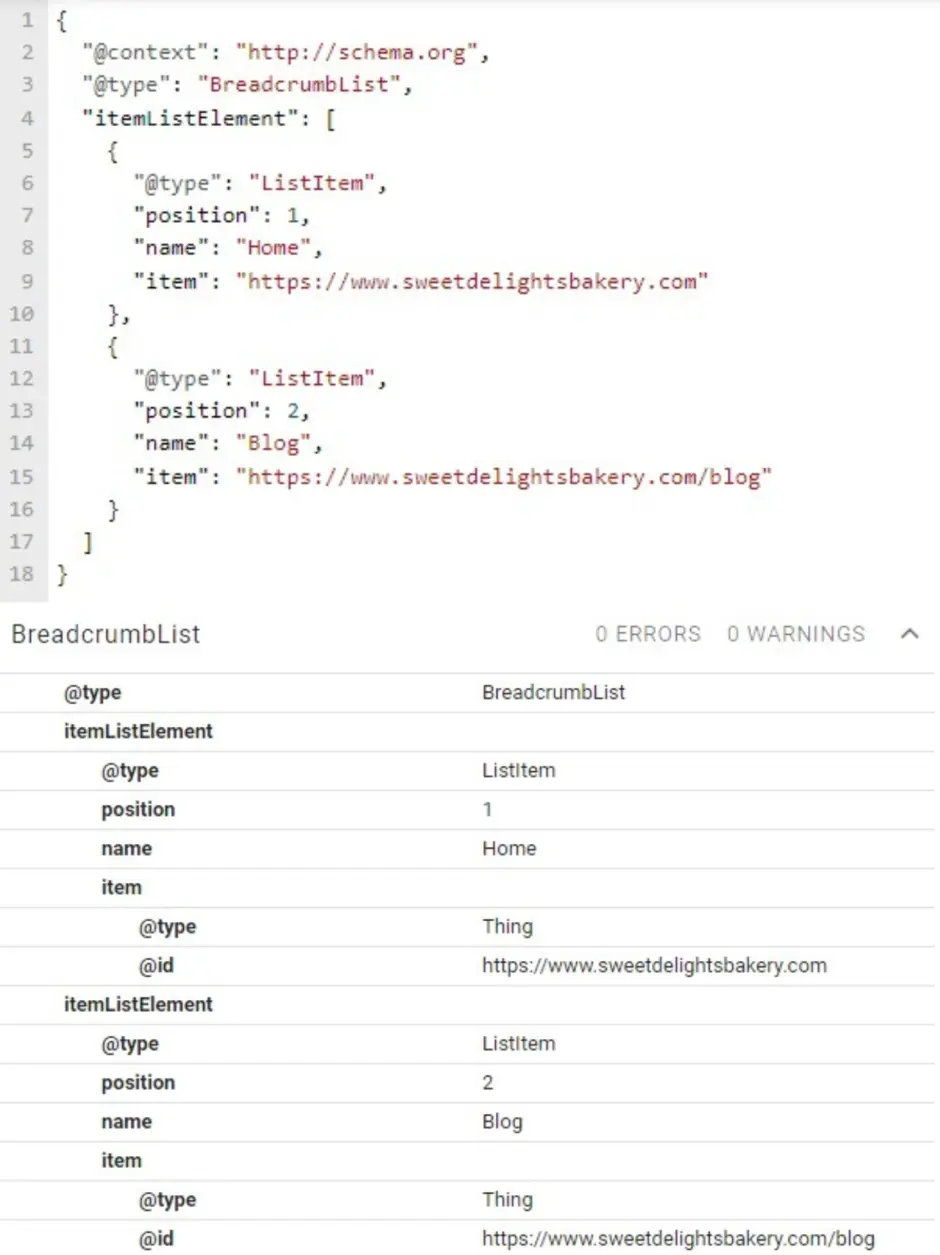
The use of Schema Markup is one of the most effective strategies to improve a website’s Search Engine Optimization (SEO) and enhance the click-through rates (CTR).
Whether you have a small e-commerce, a personal site or a big corporate website, implementing Schema Markup can help you increase your visibility on search engines like Google and get more organic traffic.
So, what is Schema Markup for SEO and how to use it? In this guide, we’ll explore all you need to know to implement it and boost your website, including some relevant Schema Markup examples.
What Is Schema Markup?
Schema Markup, also known as structured data, is a form of microdata that helps search engines better understand the content on your website.
It provides context to search engines about the information on a page, enabling them to deliver more informative and relevant results to users.
Essentially, Schema Markup adds an extra layer of context to your content, making it easier for search engines to interpret and display in search results.
How Does Schema Markup Impact Your SEO and CTR?
The implementation of Schema Markup has a direct impact on both SEO and CTR. By providing search engines with more information about your content, you increase the chances of your website appearing in rich snippets and featured snippets.
These enhanced search results not only attract more attention but also establish credibility and trust with users. The result is higher click-through rates and improved search engine rankings, contributing to an overall boost in SEO performance.
8 Relevant Schema Types You Can Implement + Examples
To maximize the benefits of Schema Markup for SEO, it's essential to identify and use the relevant schema types for your content. Once you detect them, you can use a free Schema Markup Generator to help you insert the code into your website.
Here are some Schema Markup examples that can significantly impact your SEO and CTR:
1. Local Business Markup
For businesses with physical locations, Local Business schema provides essential information such as business name, address, phone number, and operating hours.
This schema type is crucial for local SEO, helping your business show up in local search results and Google Maps.
You can identify the category that is more related to your business in the Schema.org types list, in the “Organization” and “LocalBusiness” sections.
Here’s a Schema Markup example for a fictional bakery:

As you can see, the first image depicts the actual code that you would put on your website, and below it is the list of data that is included in said code.
2. Product Markup
Product Markup is essential for e-commerce websites, allowing you to provide detailed information about your products, including pricing, availability, and reviews.
This enhances the visibility of your products in search results, attracting potential customers with rich snippets.
3. Article Markup
Article Markup helps search engines understand the structure of your articles, including details like headline, author, and publication date.
This schema type is particularly valuable for news websites and blogs, improving the chances of appearing in Google News and other news-related search features.
4. Review Markup
This schema type allows you to display star ratings, reviews, and testimonials directly in search results, making your content stand out and attracting users looking for credible information.
Implementing this type of Schema Markup encourages user trust and boosts CTR. Let’s go back to our fictional bakery and include a review markup:

5. Event Markup
For businesses hosting events, adding Event Markup provides vital details such as event dates, locations, and descriptions.
This schema type increases the visibility of your events in search results, attracting relevant audiences and driving attendance.
6. FAQ Markup
Answer user queries directly in search results with FAQ Markup. This schema type allows you to display frequently asked questions and their answers, enhancing the visibility and credibility of your content.
So if you have a FAQ section in your website, don’t forget to implement this type of Schema Markup on that page.
7. Breadcrumb Markup
Improve the user experience and navigation of your website with Breadcrumb Markup. This schema type displays a hierarchical structure of your site in search results, making it easier for users to understand and navigate your website.
For instance, the Breadcrumb Markup for the blog page of our fictional bakery would look like this:

8. Experimenting With Additional Markup
In addition to the above schema types, experimenting with additional markup can provide unique opportunities to enhance your content's visibility.
This may include specific schema types related to recipes, videos, and more, depending on your website pages and niche.
How To Use a Structured Data Testing Tool
Before deploying Schema Markup on your live website, it's crucial to test it using Google's Structured Data Testing Tool or the Schema.org Test Tool.
These tools allow you to validate your markup and identify any errors or warnings that could impact its effectiveness. Testing ensures that search engines can correctly interpret your structured data, maximizing its impact on SEO and CTR.
Monitoring Performance
Once you've implemented Schema Markup, regularly monitor its performance using tools like Google Search Console.
Analyze the data to understand how rich snippets are affecting your click-through rates and adjust your strategy accordingly. Monitoring performance ensures that your structured data continues to provide value over time.
The digital landscape is dynamic, and so is the world of Schema Markup. Stay informed about updates and changes to schema types and guidelines.
Regularly review and update your markup to align with the latest best practices, ensuring that your content remains optimized for search engines.
Ready To Improve Your SEO Efforts With Schema Markup?
Schema Markup is a powerful tool that can significantly impact your SEO and CTR. By providing search engines with structured data, you enhance the visibility and relevance of your content in search results.
To streamline your digital marketing efforts and ensure a seamless integration of Schema Markup, consider leveraging our all-in-one platform for digital marketing and SEO.
Discover the potential of structured data and take your online presence to new heights!
What to read next

